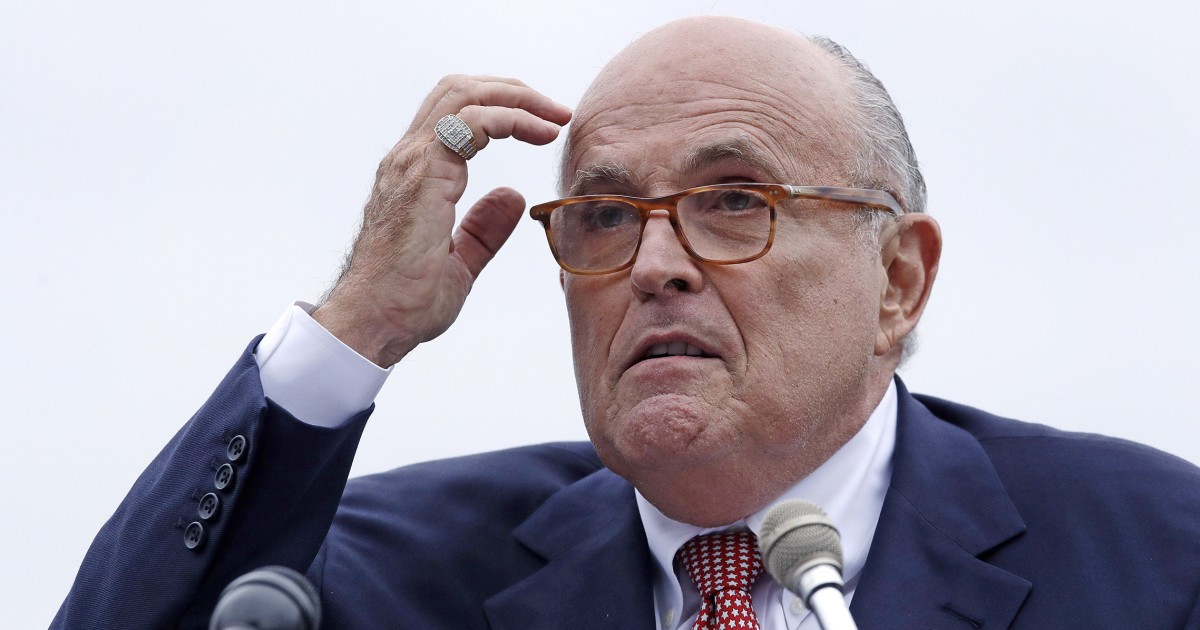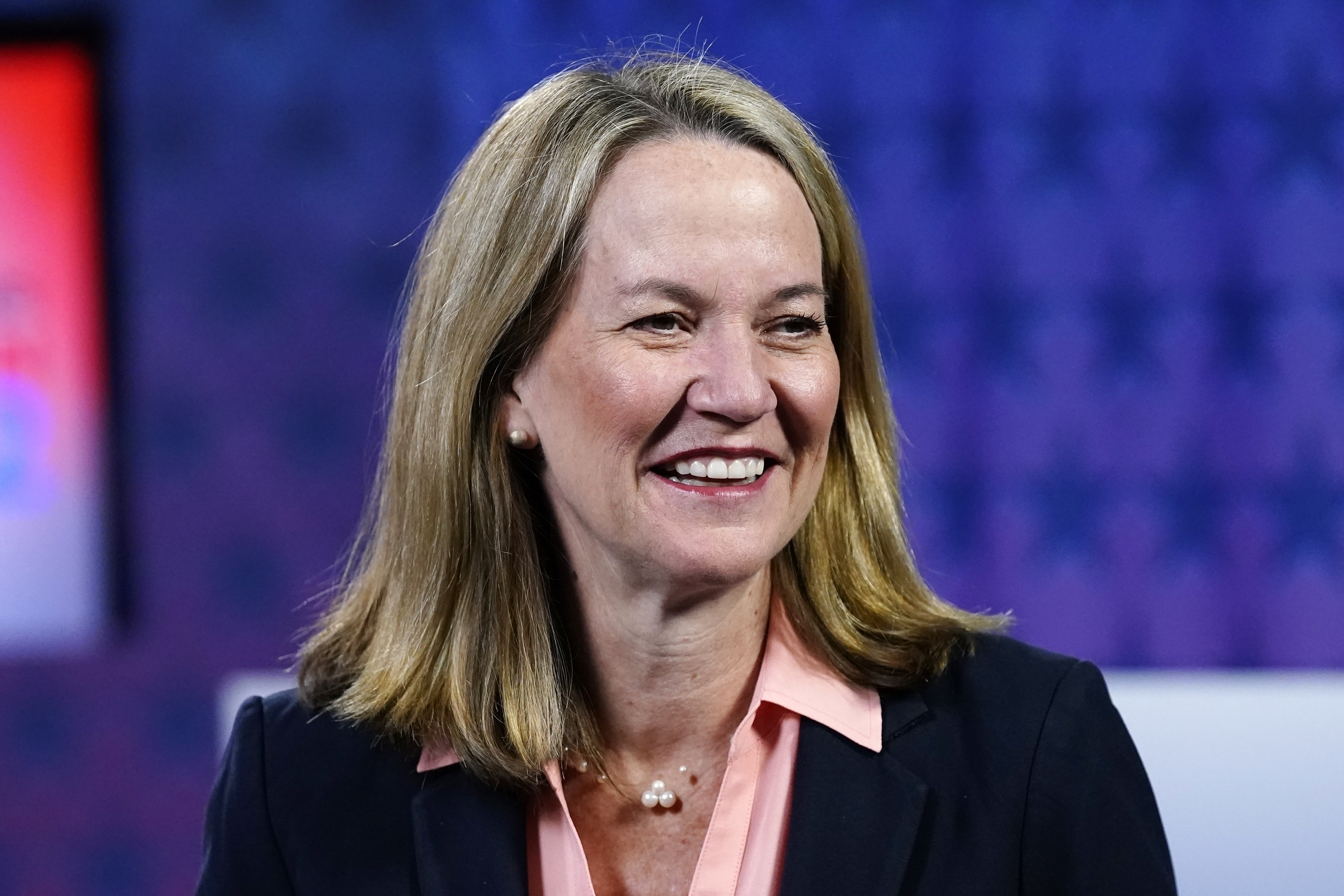Rudy Giuliani is liable for defaming Georgia election workers, judge rules

A federal judge ruled Wednesday that Rudy Giuliani is legally liable for defaming two Georgia election workers who became the subject of conspiracy theories related to the 2020 election that were amplified by Donald Trump in the final weeks of his presidency.
In an unsparing, 57-page ruling, U.S. District Court Judge Beryl Howell said Giuliani had flagrantly violated her orders to preserve and produce relevant evidence to the election workers, Ruby Freeman and Shaye Moss, resulting in a “default” judgment against him. She is also ordering him to pay Freeman and Moss “punitive” damages for failing to fulfill his obligations.
“Just as taking shortcuts to win an election carries risks — even potential criminal liability — bypassing the discovery process carries serious sanctions,” Howell ruled.
Giuliani spent weeks accusing Freeman and Moss of manipulating ballots during Georgia’s vote counting process after the 2020 election, despite repeated investigations that debunked and discredited the allegations.
|
The harassment that Freeman and Moss endured as a result of these conspiracy theories is at the heart of some of the criminal charges now facing several of Trump’s co-defendants in the Georgia racketeering case brought by Fulton County prosecutors. Giuliani is charged in that case, in part, for “false statements” to Georgia legislators related to his attacks on Freeman and Moss.
Howell has now ordered the case to proceed to a trial purely to determine the amount of damages Giuliani will now be forced to shoulder on charges of defamation, civil conspiracy and intentional infliction of emotional distress.
It’s unclear how much money the pair will seek in the trial, either in direct compensation for the damage to their reputations and other harms they faced or in terms of punitive damages-which can range to several multiples of the direct damages. The total might be influenced by what Giuliani does next.
Howell has given the former mayor until Sept. 20 to produce documents about his net worth, which she said he has dragged his feet on producing so far, as well as records from his companies related to the revenue produced by his “Common Sense” podcast.
Howell’s ruling came in a lawsuit the election workers filed in 2021 against Giuliani, the owners of the the conservative, pro-Trump One America News network, alleging that reports about claims the pair tampered with ballots were unfounded and libelous. One America’s owners settled with the two women last year for an unspecified amount, but the litigation has continued against the former New York City mayor and federal prosecutor.
Giuliani has insisted that his difficulties in searching his records related to the allegations against Freeman and Moss stemmed from factors like the FBI’s seizure of his devices in 2021 as part of a foreign-influence investigation that did not lead to any charges against him and serious personal financial difficulties he has faced since Trump’s defeat in 2020.
After repeated requests by Giuliani, a Trump political action committee recently agreed to pay $320,000 to allow the former New York mayor to pay a vendor to perform searches for digital evidence related to the lawsuit.
Howell’s latest ruling comes amid a renewed and assertive effort by Giuliani and his allies to convince Trump to foot more of his former lawyer’s mounting legal bills which now include not only civil lawsuits, but the criminal indictment in Georgia where Trump, Giuliani and others are charged with racketeering for allegedly trying to overturn the results of the 2020 presidential election in that state.
Howell, an appointee of President Barack Obama, said in her ruling Wednesday that she considered it possible that Giuliani concluded that dodging his obligations related to the election workers’ lawsuit make sense strategically to avoid giving fodder to prosecutors or lawyers pursuing other cases.
“Perhaps, he has made the calculation that his overall litigation risks are minimized by not complying with his discovery obligations in this case,” Howell wrote. “Whatever the reason, obligations are case specific and withholding required discovery in this case has consequences.”








No Comments